info@vivavel.com
+919818262686
+919818262686
 info@vivavel.com
info@vivavel.com +919818262686
+919818262686Deep Brain Stimulation (DBS) is a surgical treatment used to manage certain neurological disorders, including Parkinson’s disease, essential tremor, dystonia, and, in some cases, epilepsy.
During the procedure, surgeons implant a device in the brain that works like a “pacemaker for the brain.” It delivers controlled electrical impulses to specific regions, helping regulate abnormal activity. This can ease symptoms such as tremors, stiffness, and difficulty with movement.
The device settings can be adjusted externally with a small remote control, allowing doctors to fine-tune therapy for each patient. While DBS does not cure these conditions, it can significantly improve symptom control and enhance quality of life.
The surgery is performed under general anesthesia, and patients may need a period of adjustment afterward to achieve optimal settings. For many, DBS offers a life-changing option when medications alone are no longer sufficient.
 DBS is mainly used to manage symptoms of neurological conditions that affect movement, such as:
DBS is mainly used to manage symptoms of neurological conditions that affect movement, such as:
Tremors: Uncontrolled shaking, particularly in the hands and arms.
Rigidity: Stiffness or resistance to movement in the muscles.
Bradykinesia: Slowed movement or difficulty initiating movements.
Dystonia: Abnormal muscle contractions that result in twisting or repetitive movements.
Medication resistance: When symptoms do not improve despite the use of medication.

 DBS is used to manage conditions caused by:
DBS is used to manage conditions caused by:
Parkinson's disease: A disorder that causes tremors, stiffness, and movement problems due to the loss of dopamine-producing neurons in the brain.
Essential tremor: A nerve disorder that results in uncontrollable shaking.
Dystonia: A condition in which muscles involuntarily contract, causing abnormal movements.
Epilepsy: Recurrent seizures caused by abnormal electrical activity in the brain.
 DBS is typically recommended when medications are no longer effective or when they cause significant side effects. Symptoms such as difficulty walking, talking, or performing basic tasks can severely impact daily life. As movement disorders worsen, quality of life may decline due to increased disability. Additionally, other treatments, like physical therapy, may not provide sufficient relief.
DBS is typically recommended when medications are no longer effective or when they cause significant side effects. Symptoms such as difficulty walking, talking, or performing basic tasks can severely impact daily life. As movement disorders worsen, quality of life may decline due to increased disability. Additionally, other treatments, like physical therapy, may not provide sufficient relief.
 Before recommending DBS, doctors perform several tests:
Before recommending DBS, doctors perform several tests:
Neurological examination: To evaluate movement symptoms and overall brain function.
Imaging tests, such as MRI or CT scans, help map the brain and identify the exact area for DBS electrode placement.
Medication response tests: The doctor assesses how symptoms change in response to medications.
Neuropsychological tests: These assessments evaluate memory, reasoning, and mood to determine if the patient is a suitable candidate for DBS.
 Do's:
Do's:
Follow medical advice: Attend all follow-up appointments for device adjustments.
Be patient: It may take several months to optimize the DBS settings.
Engage in physical therapy: Regular exercise can improve strength and movement.
Monitor for complications: Report any unusual symptoms, such as infection or changes in mental state.
Maintain a healthy lifestyle: A balanced diet and gentle physical activity can support recovery.
 Don'ts:
Don'ts:
Don't skip check-ups: Ongoing management ensures the DBS device works properly.
Avoid high-impact activities: Protect the DBS device and avoid activities that could cause trauma to the surgical site.
Don't tamper with the device: Only allow trained professionals to adjust the DBS settings.
Disclaimer:
Our medical content authors have diligently gathered and synthesized information on this topic to offer valuable insights to our readers. Drawing from a range of reputable medical journals and health resources, this content aims to enhance understanding of the subject. It's essential to remember that while this information is informative, it should not replace personalized consultation or treatment from a qualified healthcare professional. For further details, please refer to our Editorial Policy.
For this topic, our authors used some of the following resources:
Cleveland Clinic | Deep Brain Stimulation
MAYOCLINIC | Deep Brain Stimulation
Yale Medicine | Deep Brain Stimulation (DBS)





![]() Pusa Road, Radha Soami Satsang, Rajendra Place New Delhi, 110005 India
Pusa Road, Radha Soami Satsang, Rajendra Place New Delhi, 110005 India
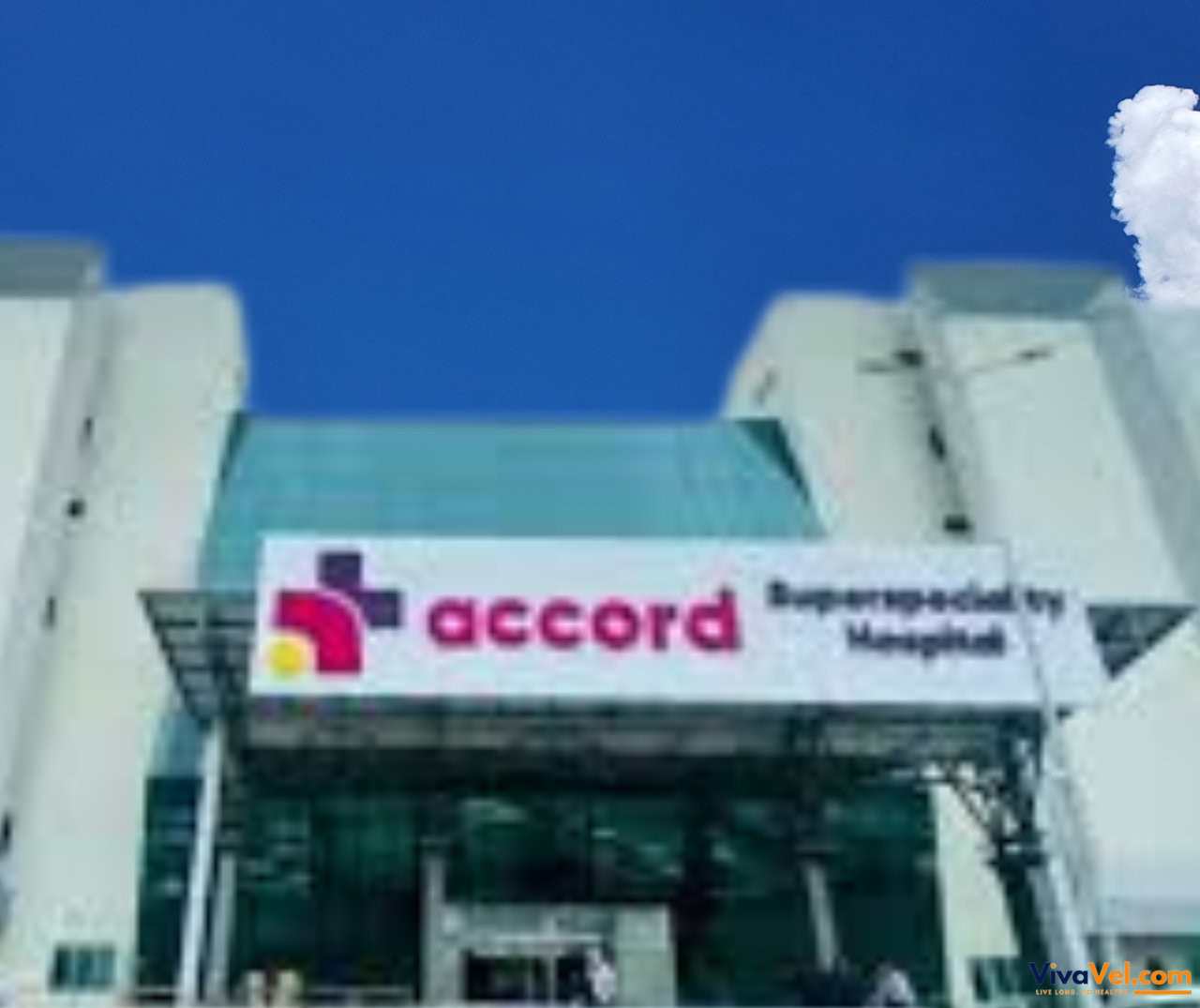


![]() Budena Village, Sector 86, Faridabad, Haryana 121002, India
Budena Village, Sector 86, Faridabad, Haryana 121002, India
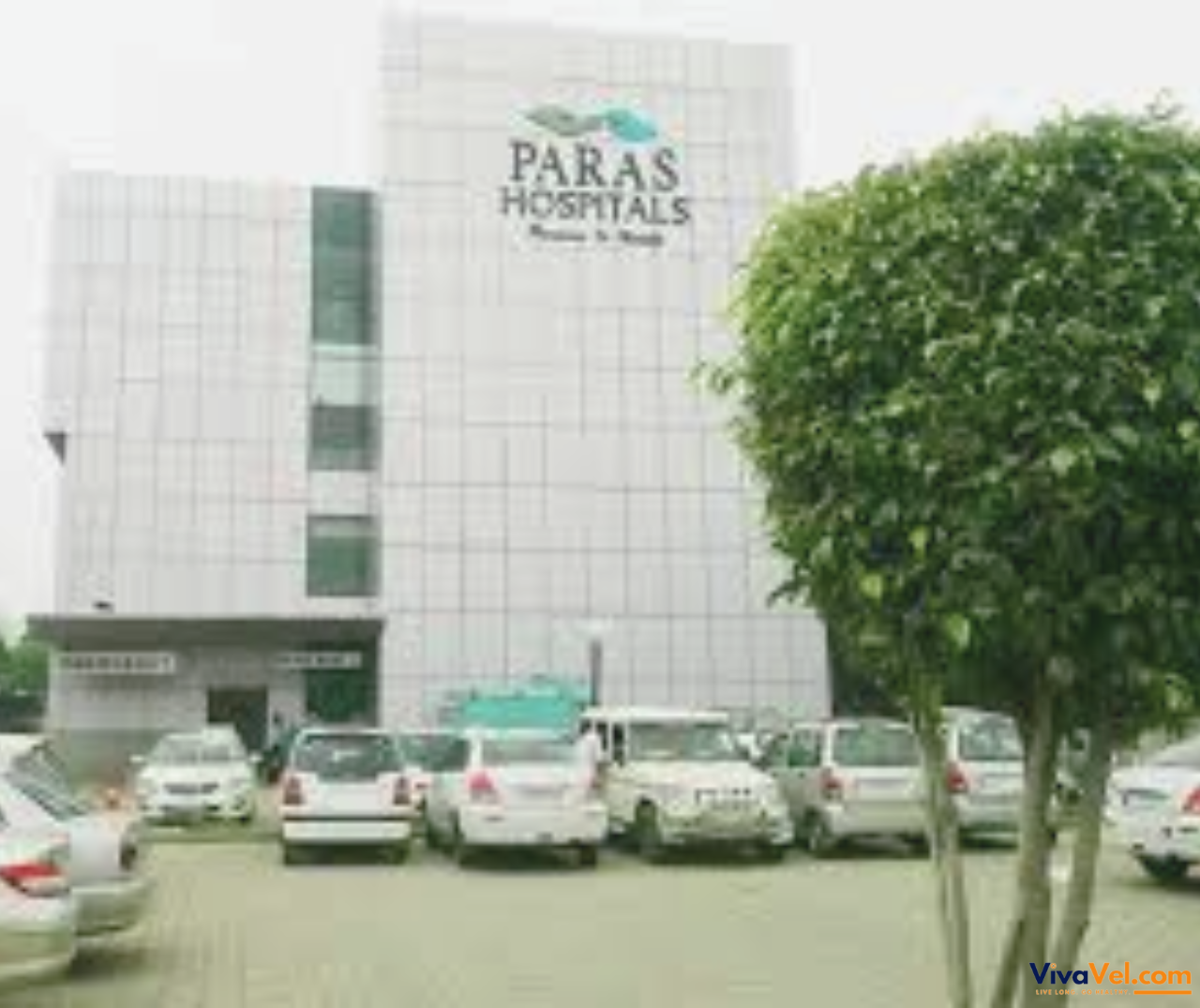


![]() C-1, Sushant Lok- 1, Sector-43, Phase- I, Gurugram, Haryana, 122002
C-1, Sushant Lok- 1, Sector-43, Phase- I, Gurugram, Haryana, 122002




![]() Lot 2, Jalan Baung 17/22, Seksyen 17, 40200 Shah Alam, Selangor Kuala Lumpur, 40200 (Malaysia)
Lot 2, Jalan Baung 17/22, Seksyen 17, 40200 Shah Alam, Selangor Kuala Lumpur, 40200 (Malaysia)


Dr. (Prof.) Rohit Gupta is a well-known neurologist in Faridabad, Haryana, India, with over 17 years of experience in clinical neurology. He achieved academic success...

Dr. Sandeep Ghosh is a highly regarded consultant neurologist, currently practicing at the esteemed Neurosciences Department of Accord Superspeciality Hospital in Faridabad, ...

Dr. Vikram Dua is one of India's top neuro and spine surgeons. With over 26 years of experience, he has performed over 10,000 surgeries, with a success rate excee...
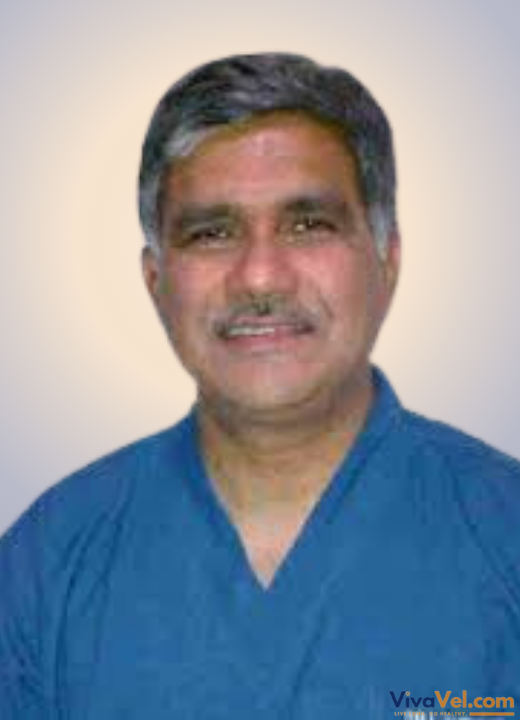
Dr. LN Tripathy is a highly esteemed neurosurgeon with an impressive 31-year career. Since April 2010, he has been the Director of the Medica Institute of Neurologica...
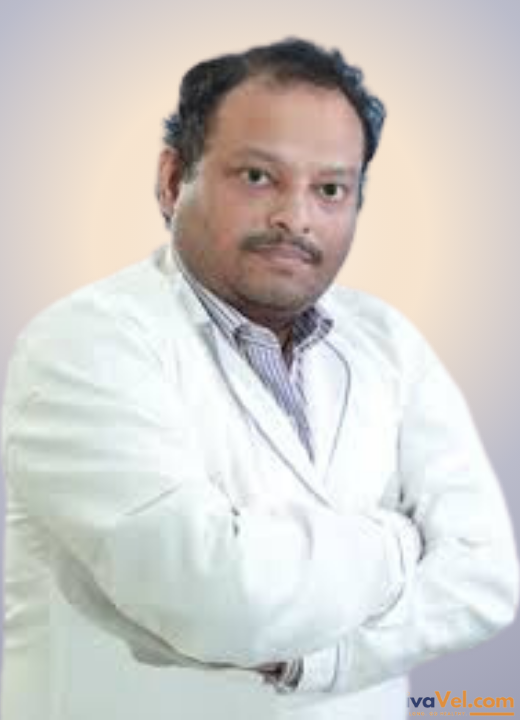
Dr. Anish Kumar is a highly experienced medical professional with over 21 years of experience, including more than 11 years dedicated to neurology. He is currently a ...
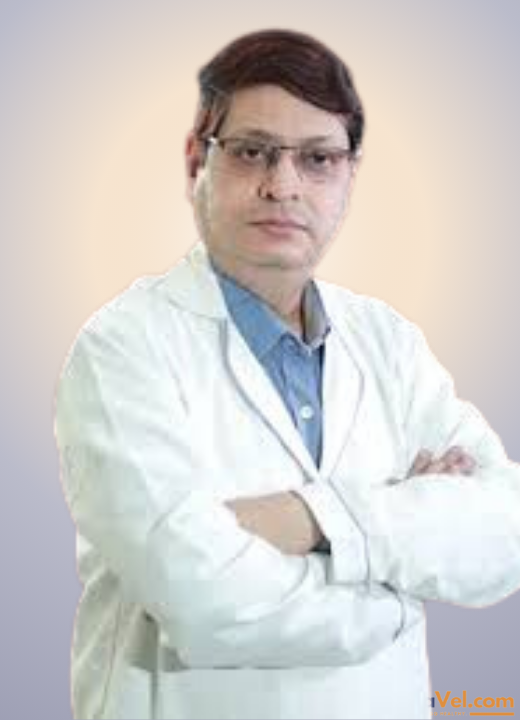
Dr. Kaushik Sen is a highly esteemed senior consultant neurologist with over 18 years of post-DM experience in neurology. He holds a gold medal in MBBS, an MD i...
Treatment Plan & Cost within 2 days
